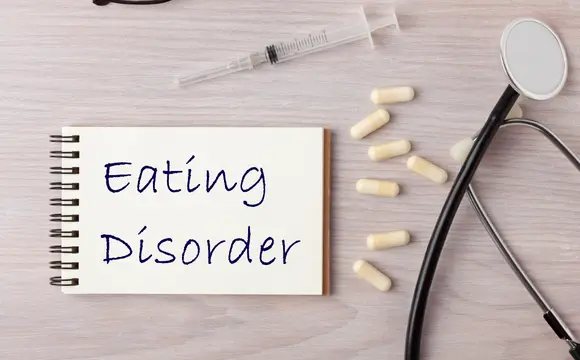Increase your Vitamin D Levels through Consistent Exercise, a Healthful Diet, and Other Methods
Your bones, teeth, immunity, heart health, mental health, and many other things depend on vitamin D. Here are a few odd methods to increase your body’s vitamin D levels. A fat-soluble vitamin is vitamin D. Because your body creates vitamin D when exposed to sunlight, it is frequently referred to as the “sunshine vitamin.” By aiding in calcium absorption, vitamin D is crucial in keeping strong bones and teeth. Your immune system and heart health will both benefit from it. Lack of vitamin D can cause symptoms such as recurrent illnesses, chronic fatigue, poor bone health, hair loss, sluggish wound healing, and depressed mood. In addition to sunlight, a number of foods are also rich sources of vitamin D. Here are a few creative methods to raise vitamin D levels. Know how to raise your vitamin D levels. Many people choose supplements, but it’s crucial to comprehend their function. Supplements serve only to supplement, aid, and enhance, as their name implies. They don’t in any way take the place of your regular diet. You must also pay attention to your diet, nutrition, and way of life if you want your supplements to be more effective. 1. Do not skip a workout. You can combat vitamin D insufficiency by engaging in physical activity and eating a healthy diet. Studies show that two to three hours of exercise every week increase the body’s vitamin D levels. Maintaining a healthy weight and reducing your risk of various lifestyle-related diseases can both be accomplished with regular exercise. 2. Increase your intake of vitamin D-rich foods. Avoid cutting out all fat from your diet in favor of liberal additions of desi ghee, home-churned butter, kacchi ghani oils, and dairy products from local breeds of cows. The finest sources of vitamin D include mushrooms, egg yolks, fatty fish, nuts, seeds, and foodstuffs that have been fortified. 3. Do not overlook healthy fats You may already be aware that, like other nutrients, fats are necessary for a healthy body. Therefore, you cannot afford to neglect vital fats in order to make up for the low vitamin D levels. Enough desi ghee, coconut, white butter, filtered oils, etc. should be added. Aside from that, avoid including low-fat or fat-free milk, yogurt, and other items. The regulation of calcium absorption from the diet is aided by vitamin D. Additionally, it supports a strong immune system. Receive enough vitamin D to improve our general health. For other health and fitness tips, keep following Ishkama!










